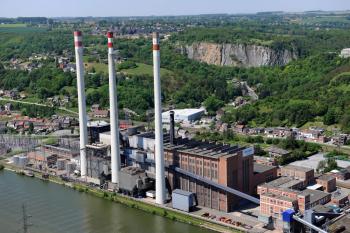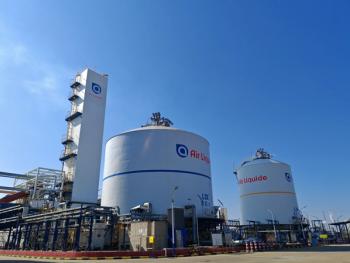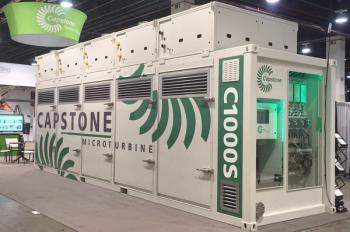
'We’re Wasting Time!'
The U.S. Energy Information Agency recently published their estimate of the Power Sector CO2 emissions in 2017 at 1,744 MMmt, claiming a 28% reduction from the 2,416 MMmt in 2005.
The results of their analysis are summarized in the following graphic.
The “applause” that has followed seems artificial.
It is important to understand that the starting point for the policy and the claim is 2005, the highest level in recent times. It is always good to start at the “high point” when claiming percent reductions.
The narrative also offers a projected 2% demand growth scenario of 3,043 MMt CO2in 2017, using the same carbon intensity to assign the impact of three factors, as follows.
The analysis states that the reduction is primarily the result of reduced demand growth (50%), fuel-switching from coal to natural gas (25%) and the increase in noncarbon sources (25%). The analysis attributes the substitution of natural gas for other fossil fuels as“largely….market driven…(by the) ample supplies of lower-priced natural gas and the relative ease of adding natural gas-fired capacity.”
The “relative ease” comment means that a Natural Gas Combined Cycle (NGCC) power plant can be permitted without abatement. In other words, not having to deal with its CO2 emissions. This concession has been in place, either implied or explicit, since 2007, when I wrote an op-ed titled “Passing Gas”(
Unfortunately, that same energy projection, the U.S. EIA forecast for U.S. CO2 emissions, remains flat or increases through 2050 at 5,279 MMmt in the Reference Case and as high as 5,814 MMmt in the High Economic Growth Case.
What is not mentioned is that with these “successes” in 2017, the U.S. trajectory is still 4x what is required to meet our contribution toward the 2℃ “goal”, and seems more in line with the 6℃ trajectory.
Other sources indicate that China and India are projecting emissions more in line with the 4℃ trajectories, well ahead of the U.S. efforts. And, the commentary again introduces the notion of carbon intensity, when we need absolute reductions.
Most importantly, the two things we need, Nuclear Power and CCS, continue to be made totally uncompetitive by those same EPA “gas friendly” emission standards that allow natural gas to be permitted without abatement.
We’re wasting time!
Newsletter
Power your knowledge with the latest in turbine technology, engineering advances, and energy solutions—subscribe to Turbomachinery International today.





